How to know if my vehicle needs a brake job
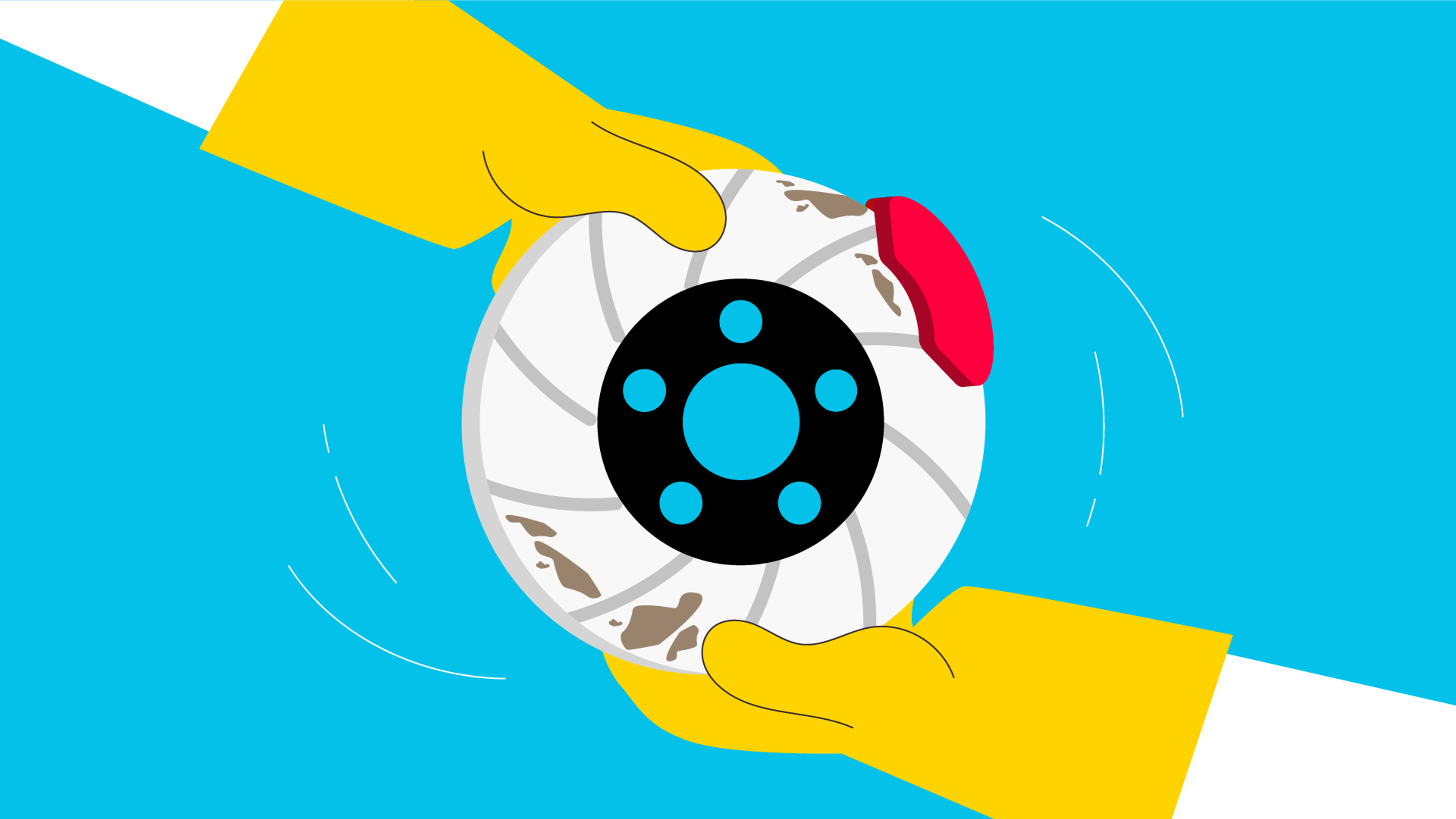
Modern vehicles have many active and passive safety systems that reduce the risk of injury during accidents. However, when it's time to avoid a dangerous situation on the road, brakes are often the only thing you can trust.
While automakers issue different recommendations on brake servicing intervals, a handful of signs will help you identify brake wear sooner.

Afraid of buying a wreck?
Check any VIN to learn a vehicle's history!
How to know if your car brakes are OK?
To ensure your braking system is working correctly, go for a short test drive in stop-and-go traffic and on the highway.
Whether your car has disc or drum brakes, open your window and listen for squealing or grinding noises. These sounds indicate worn-out brake pads or brake rotors.
You can also connect to a vehicle diagnostics system, which will display the state of the ABS module and tell you whether the wear indicators are working correctly.
What is included in typical brake maintenance?
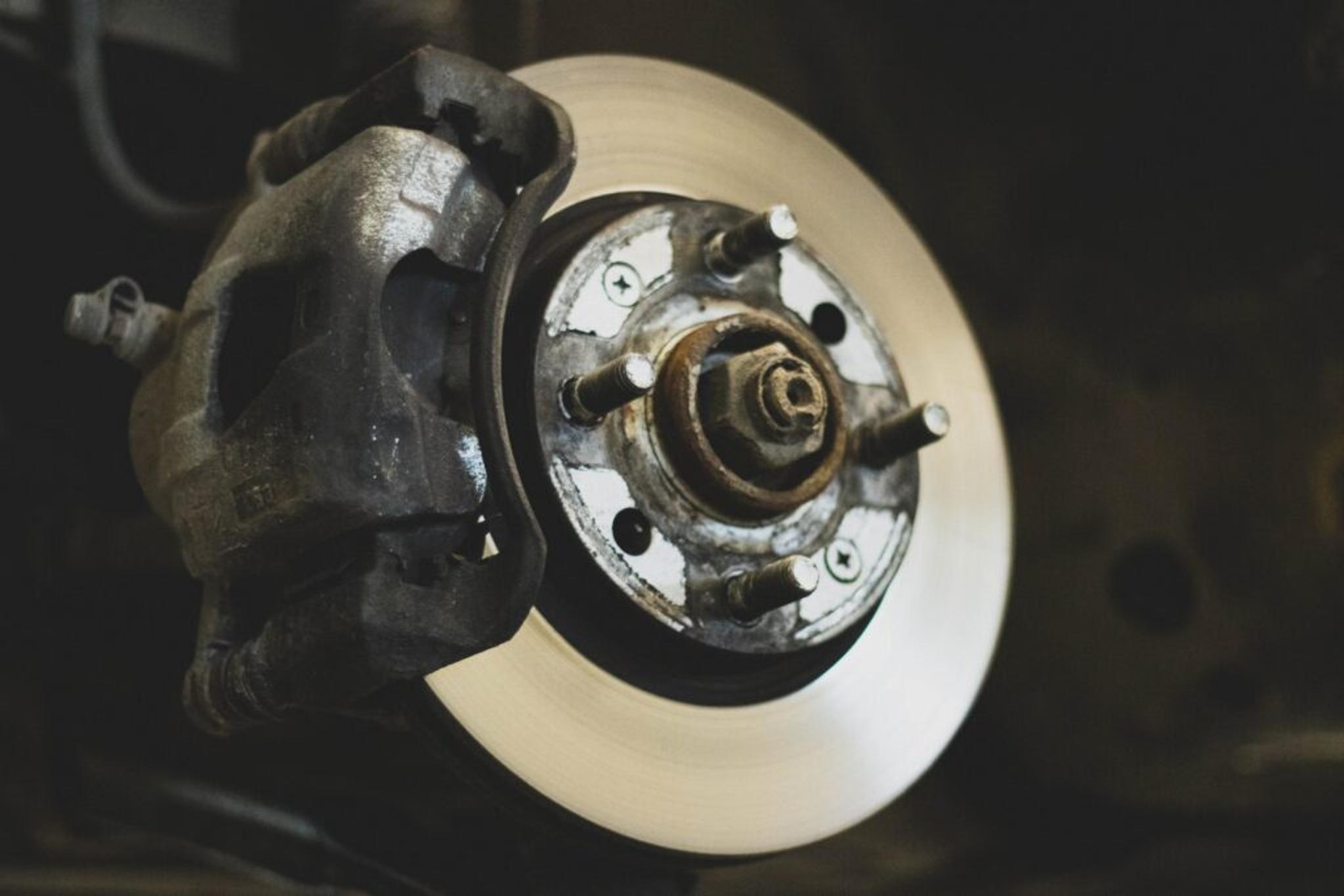
Every owner's manual has specific guidelines for maintaining a vehicle. However, most of them tend to skip the chapter about brake maintenance.
You shouldn’t wait until you see a warning brake light up on the dashboard. Make sure to include regular brake service visits into your maintenance schedule to prevent unexpected failures. Here’s what you should consider:
- Brake fluid. Vehicle owners should replace the fluid every 3 years or every 45,000 miles (70,000 km).
- Brake pads. While the average brake pad life is 20,000 to 60,000 miles (30,000 to 100,000 km), owners wanting to keep the braking system in top shape should install new brake pads every 20,000 miles (30,000 km).
- Calipers. If your car has disc brakes, the calipers should be replaced every 75,000 miles (120,000 km).
- Brake rotors. Rotors should be replaced every 50,000 to 70,000 miles (80,000 to 110,000 km).
The most common brake issues
The braking system has a number of different components subjected to heavy loads throughout the year. Even if your annual mileage is relatively low, you will face issues sooner or later.
Worn brake pads and rotors
The most common issues with brake pads and rotors are quicker and uneven wear. While changing your driving style will help reduce the natural wear of brake pads and rotors, fixing uneven wear of components could be more expensive.
Here are the reasons why brake pads and rotors wear out unevenly:
- Caliper failure
- Corroded slide pins
- Wheel misalignment
- Sticky caliper pistons
Brake fluid leak
Brake fluid leaks can result in an accident since the pressure in the braking system causes the wheels of a car to slow down or stop.
Reasons why the brake fluid starts to leak:
- Broken brake linings
- Worn brake shoes
- Damaged bleeder valves
- Faulty master cylinder
Signs your car brakes need maintenance
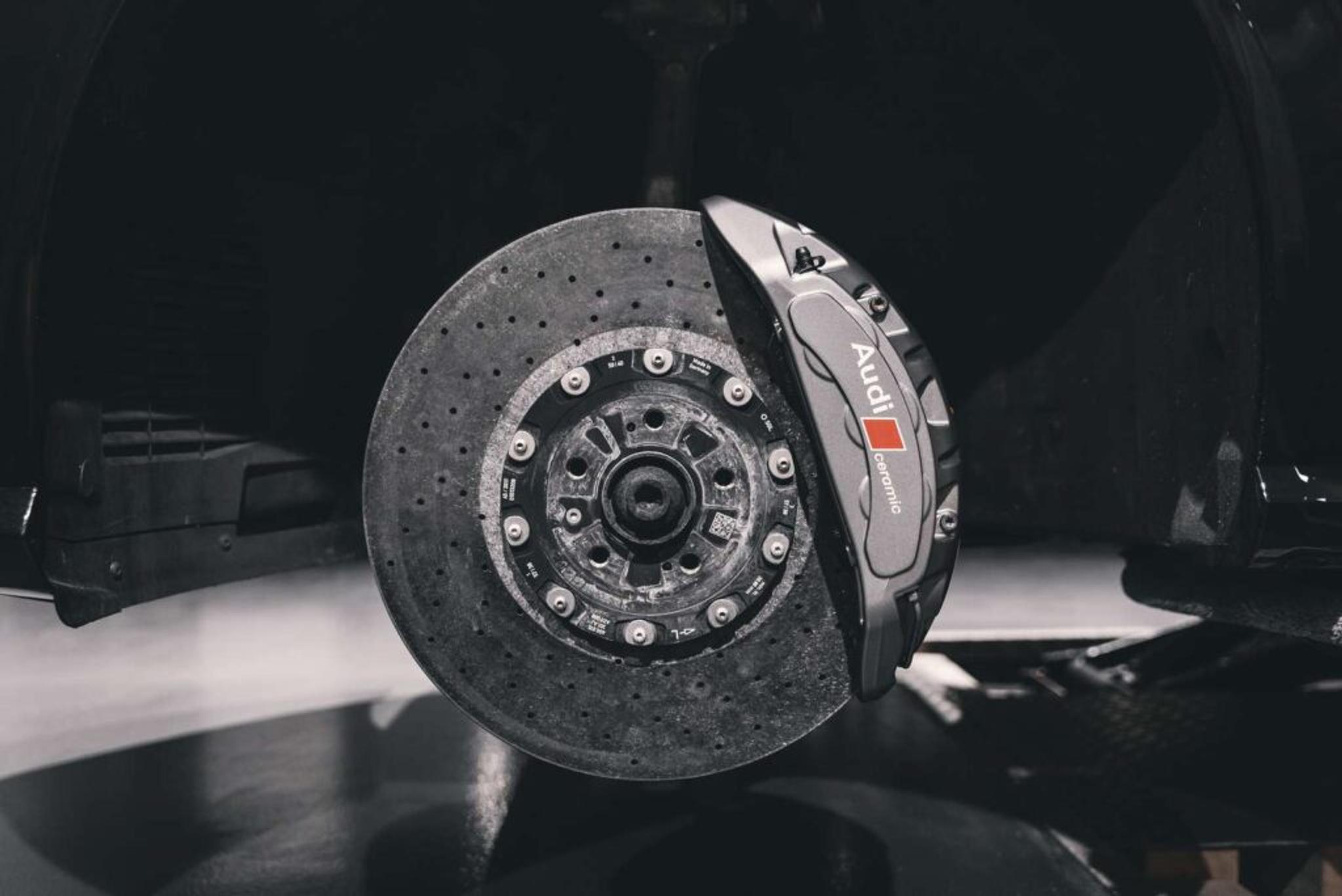
Here are the most obvious warning signals that it's time to service your car's brakes.
Brake warning light
Whereas the check engine light indicates problems with components responsible for efficient engine functioning, the brake warning light informs you about possible issues within the braking system.
You may undertake a number of inspections manually, such as checking the level of the brake fluid and looking for any leaks under the car. If you can identify the source of the issue, take your vehicle to a mechanic so they can perform a thorough examination.
Slow or ineffective brakes
When you reduce a vehicle's speed, the braking should be as smooth as possible. The braking system's sudden behavior changes signify impending problems.
When the braking system becomes ineffective, it usually means that your brake lines are leaking or that your master cylinder needs additional brake fluid. It can also be a sign of a defective brake booster system.
Squeaking car brakes
Every little squeak while braking may indicate that it's time to replace worn-out brake pads. However, often the culprit behind the squeaking lies elsewhere. Dirt and debris trapped within the braking mechanism can cause high-pitched squeaks, especially at low speeds.
Vibration when braking
Vibrations felt through the steering wheel or brake pedal when stopping a car – brake shuddering – are relatively easy to fix.
In most cases, the vibrations are caused by malfunctioning calipers or damaged rotors. On rare occasions, poor brake pad condition, bad wheel alignment, or suspension issues may also lead to brake shuddering.
Car braking system is leaking brake fluid
Leaks in a car's braking system appear gradually.
The first sign that the brake system may leak is a sudden change in pedal stiffness. If you feel the pedal getting softer, check the brake fluid reservoir and ensure your car has an adequate fluid level.
Fluid trails indicate more serious leaks. Check the area under your car for any potential leak sources if you’re sensing changes in your braking system.
Why you can't ignore car braking issues
Following any car maintenance guide to its full extent could be tricky, especially if your financial situation is not the best. However, you should never ignore issues associated with the braking system.
Leaving brake problems unattended can result in an accident, possibly causing injuries and damaging other parts of your vehicle. If you notice that your brake pedal feels mushy or if you hear loud noises when you hit the brakes, don't hesitate to take your car to a workshop.
Buying a used car? Check its history to avoid costly repairs and safety issues
Brake issues are just one thing that can catch you unawared when buying a used car. Mileage rollbacks, hidden damages, and other nasty surprises can cost lots of money. Luckily, a vehicle history report can spot most of those red flags.
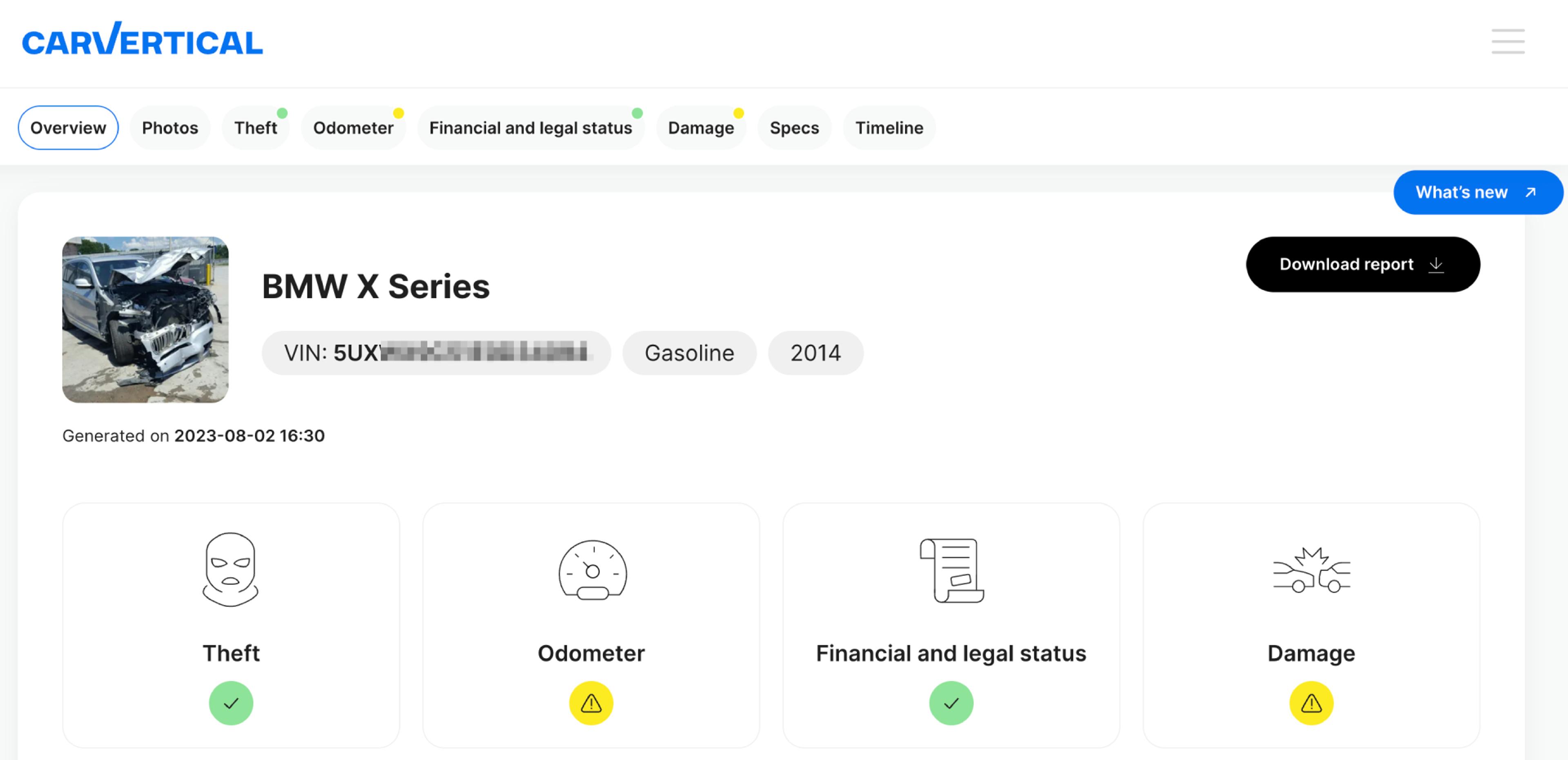
Just by using a vehicle identification number (VIN), you can access a comprehensive overview of any vehicle's history, including its accident records, mileage history, known model issues, and more. Studying such a report provides insights that can be extremely helpful when inspecting a car in person or cross-referencing information provided by the seller.
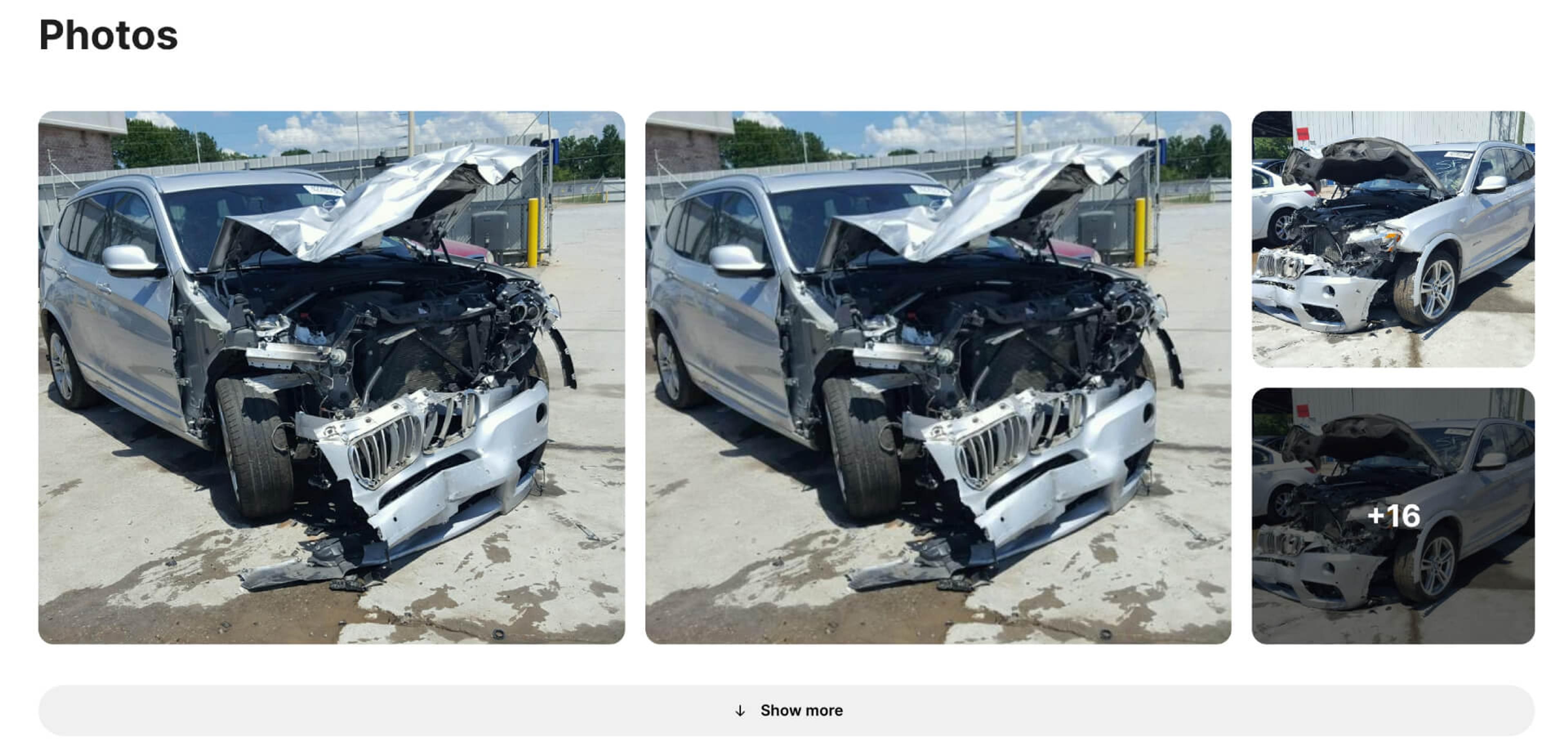

Check your VIN
Avoid costly problems by checking a vehicle's history. Get a report instantly!
